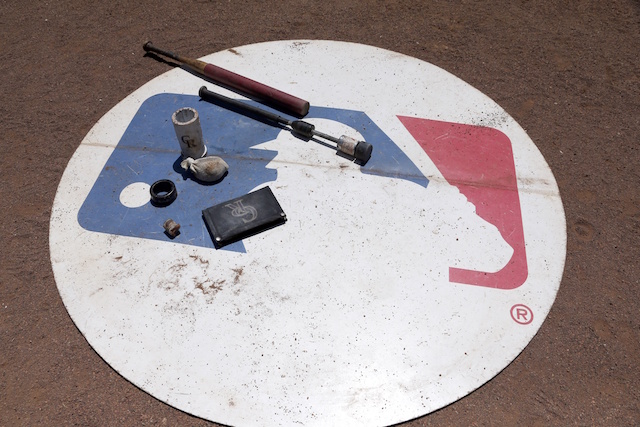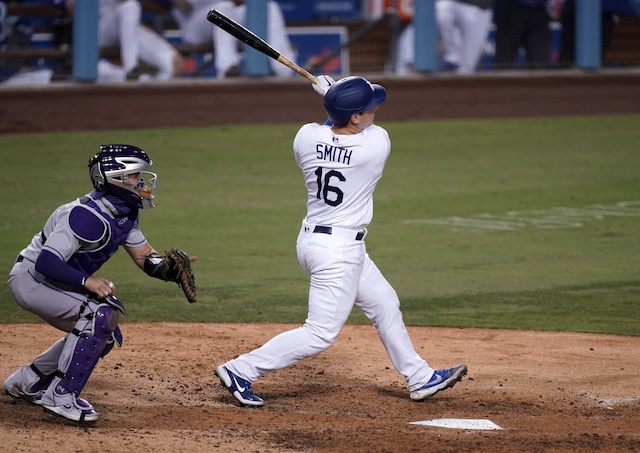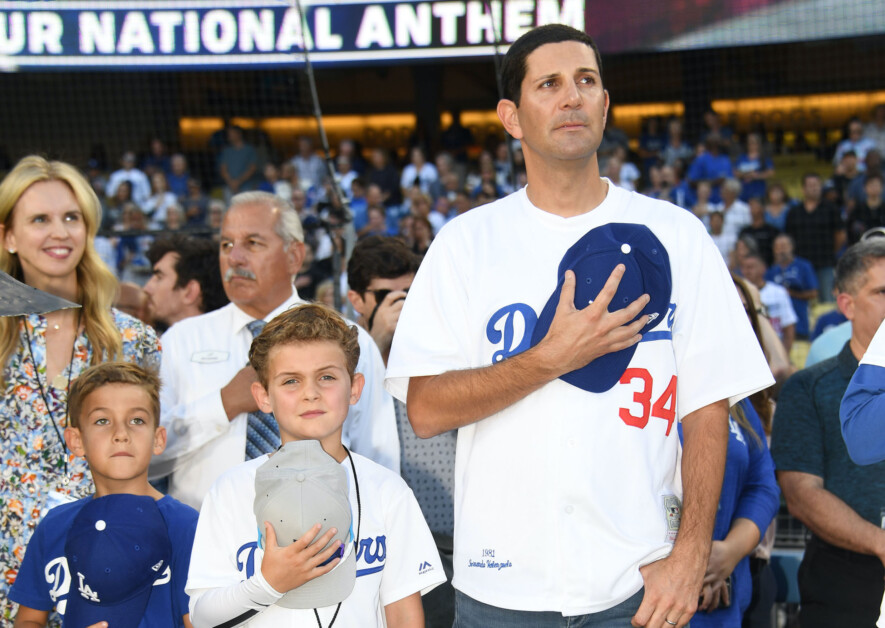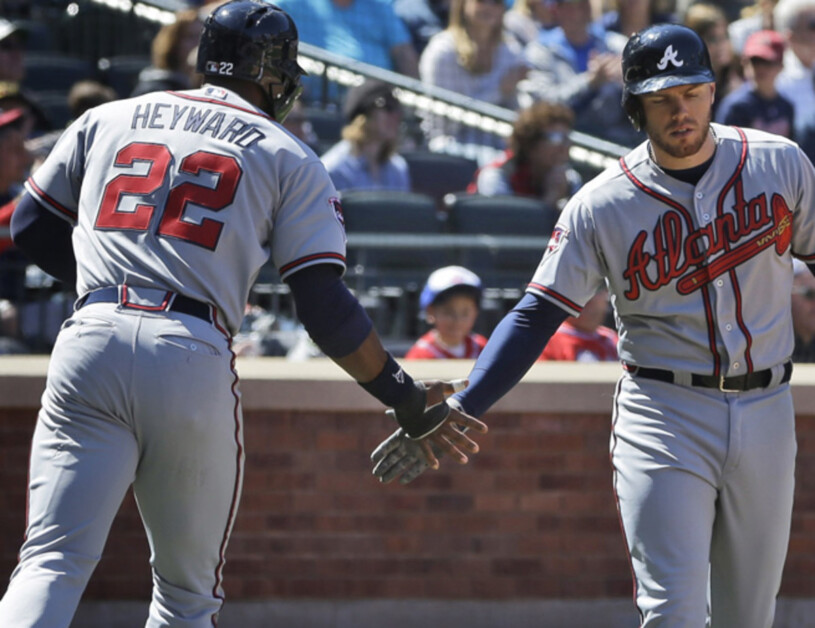When the MLB and Players Association agreed to a new collective bargaining agreement for the 2017-2021 seasons, it introduced a slew of new changes, some of which applied to the qualifying offer process in free agency.
Amid growing frustration with the MLBPA over team’s reluctance to spend on free agents, there were some rumblings the qualifying offer would be done away with completely. Instead, it was refined in effort to become more player-friendly.
What wasn’t changed is the means by which the value of the qualifying offer is determined — taking the average salary of the top 125 highest paid players from the year prior.
However, according to Jayson Stark of The Athletic, the qualifying offer value in 2020 is decreasing to $17.8 million:
As free agency approaches, sources say a player who accepts a qualifying offer this winter will get a one-year, $17.8-million contract next season.
That’s down from $17.9M. It’s the first time the value of the qualifying offer has ever dropped from one year to the next.
— Jayson Stark (@jaysonst) October 11, 2019
Although the likes of Bryce Harper and Manny Machado signed record contracts in free agency, and Jacob deGrom and Mike Trout both inked lucrative extensions, the deals were structured so that the bulk of their respective 2019 salaries was in the form of a signing bonus.
The qualifying offer was first introduced for the 2013 season, when it was valued at $13.3 million. That rose to $17.2 million by 2017, with the $1.4 million increase from the year prior representing the largest in its history.
Teams have the option to extend a qualifying offer to their eligible free agents within five days after the completion of the World Series. Players then have 10 days to accept or reject the one-year deal.
Only players who spent the entire season with one organization can be extended the qualifying offer. If a player rejects the one-year pact and signs elsewhere, their original team receives draft compensation.
Factored into that is whether the new deal is worth more or less than $50 million, and if the club that loses the player exceeded the luxury tax threshold or is part of revenue sharing.








